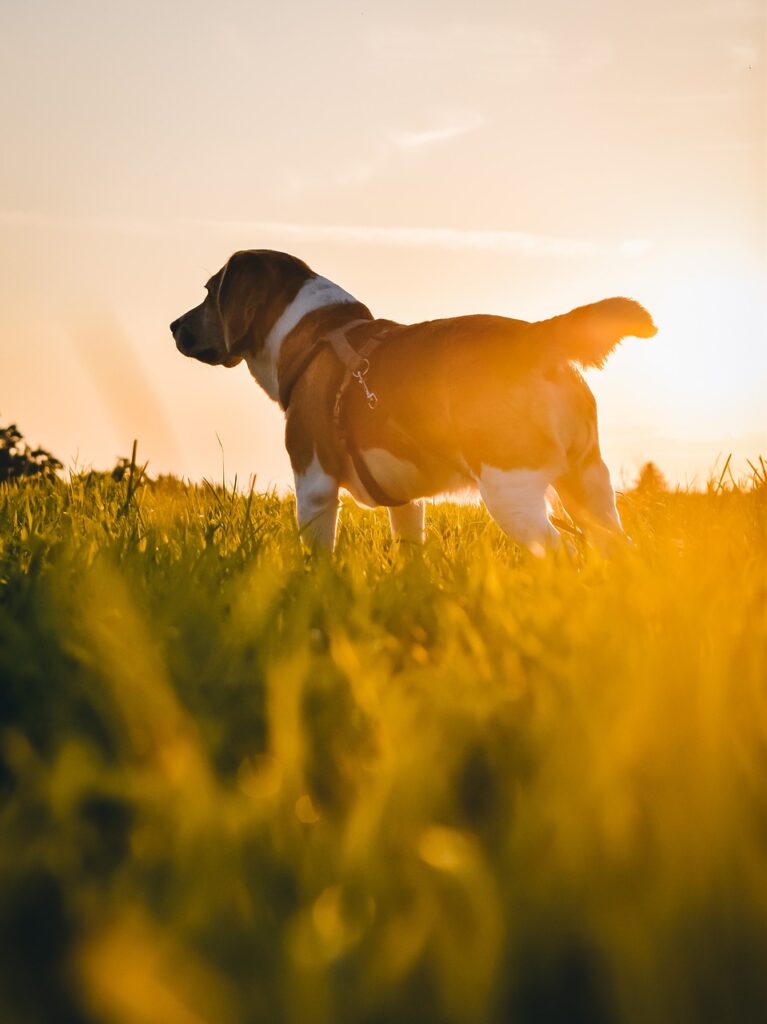Can Dogs Eat Squash? – Yes, They can
Definitely! Dogs can eat squash as it’s a healthy, nutritious addition to their diet when prepared properly. Squash, which includes varieties like butternut, acorn, and zucchini, is a vegetable high in important vitamins and minerals. However, it should be served cooked and in moderation, ensuring it’s easy for your furry friend to digest and without any added sauces or seasonings that could be harmful.
Can Puppies Eat Squash?
Yes, puppies can also enjoy the benefits of squash. In fact, introducing vegetables like squash to a puppy can be a great way to provide essential nutrients for their growth and development. But, because puppies have smaller stomachs and different nutritional needs, it’s crucial to serve squash in smaller amounts and not as a staple of their diet.
Things to consider when feeding squash to puppies?
When feeding squash to puppies, it’s important to make sure it’s cooked and mashed to a soft, easy-to-eat texture. Their digestive systems are more sensitive, so it’s best to avoid any potential choking hazards. Additionally, always introduce any new food slowly into a puppy’s diet to monitor for any adverse reactions or allergies.
Nutritional Benefits of Squash for Dogs – Why Squash is good for Dogs?
Vitamins and Minerals Content
Squash is packed with vitamins A, C, and E, and minerals like magnesium, potassium, and manganese, which contribute to a dog’s overall health, supporting everything from vision to immunity and metabolism.
Digestive Health
With its high fiber content, squash is great for aiding a dog’s digestion. It can help regulate bowel movements and is often gentle on sensitive stomachs.
Low Calorie for Weight Management
This veggie is low in calories, contributing to a healthy weight management plan for dogs that might be a little on the heavier side or need to watch their weight for health reasons.
Hydration Boost
Squash has a high water content, providing an extra hydration boost which is especially beneficial for dogs that don’t drink enough water on their own.
Antioxidant Properties
The antioxidants in squash can help fight free radicals in your dog’s body, promoting a healthier immune system and helping to ward off diseases.
Potential Allergies: Can Dogs Be Allergic to Squash?
While squash is generally safe and healthy for dogs, some may be allergic or sensitive to it. It’s rare, but possible, so always watch for any signs of distress after eating squash for the first time.
Symptoms of Squash Allergies in Dogs
- Gastrointestinal upset: If your dog is allergic to squash, they may show symptoms like vomiting or diarrhea.
- Skin Irritations: Allergic reactions might also manifest as itchiness or a rash on the skin.
- Breathing Issues: In some severe cases, an allergic reaction can lead to difficulty breathing, which requires immediate veterinary attention.
What to Do If Your Dog Shows Symptoms?
- Discontinue Squash: If you notice any allergic symptoms, stop feeding your dog squash immediately.
- Consult a Vet: For professional advice and treatment, take your dog to the vet if symptoms persist or worsen.
- Monitor Diet: Keep an eye on your dog’s reactions to new foods and inform your vet of any changes in diet.
Recommended Amount: How Much Squash Can a Dog Consume?
The right amount of squash for your dog depends on their size and dietary needs. As a general guideline, squash should be a supplement to a well-balanced diet and not exceed 10% of their daily food intake. Always remove the seeds and skin, and serve it cooked.
Things to Consider When Feeding Squash to Dogs
Even though squash is healthy, it’s crucial to consider how often and how much your dog is eating. Dishes including squash also shouldn’t contain any seasonings, oils, or ingredients like onions and garlic that are toxic to dogs. Also, remember to introduce any new food gradually to avoid upsetting your dog’s tummy.
How to Feed Squash to Dogs: A Quick Guide
Squash can be a delicious and nutritious treat for your furry companion when prepared the right way. It can be baked, boiled, or steamed to make it soft and digestible. Here are a few simple recipes your dog might enjoy:
Squash Puree
Steam the squash until it’s soft, then puree it in a blender. Let it cool before giving it to your dog either as a snack or mixed with their regular food.
Squash Cubes
Cut squash into small, bite-sized cubes and bake on a low heat until soft. These make for great low-calorie treats.
Frozen Squash Treats
Puree cooked squash and pour it into an ice cube tray. Freeze and give these healthy, frozen treats to your dog on a hot day.
Conclusion
Squash is a great addition to your dog’s diet when served in moderation and cooked without any harmful additives. It’s filled with essential vitamins and minerals, supports digestive health, and is beneficial for weight management. Always introduce it gradually and watch out for any signs of allergies. With these precautions in mind, your dog can safely enjoy the delicious and healthy benefits of squash.



